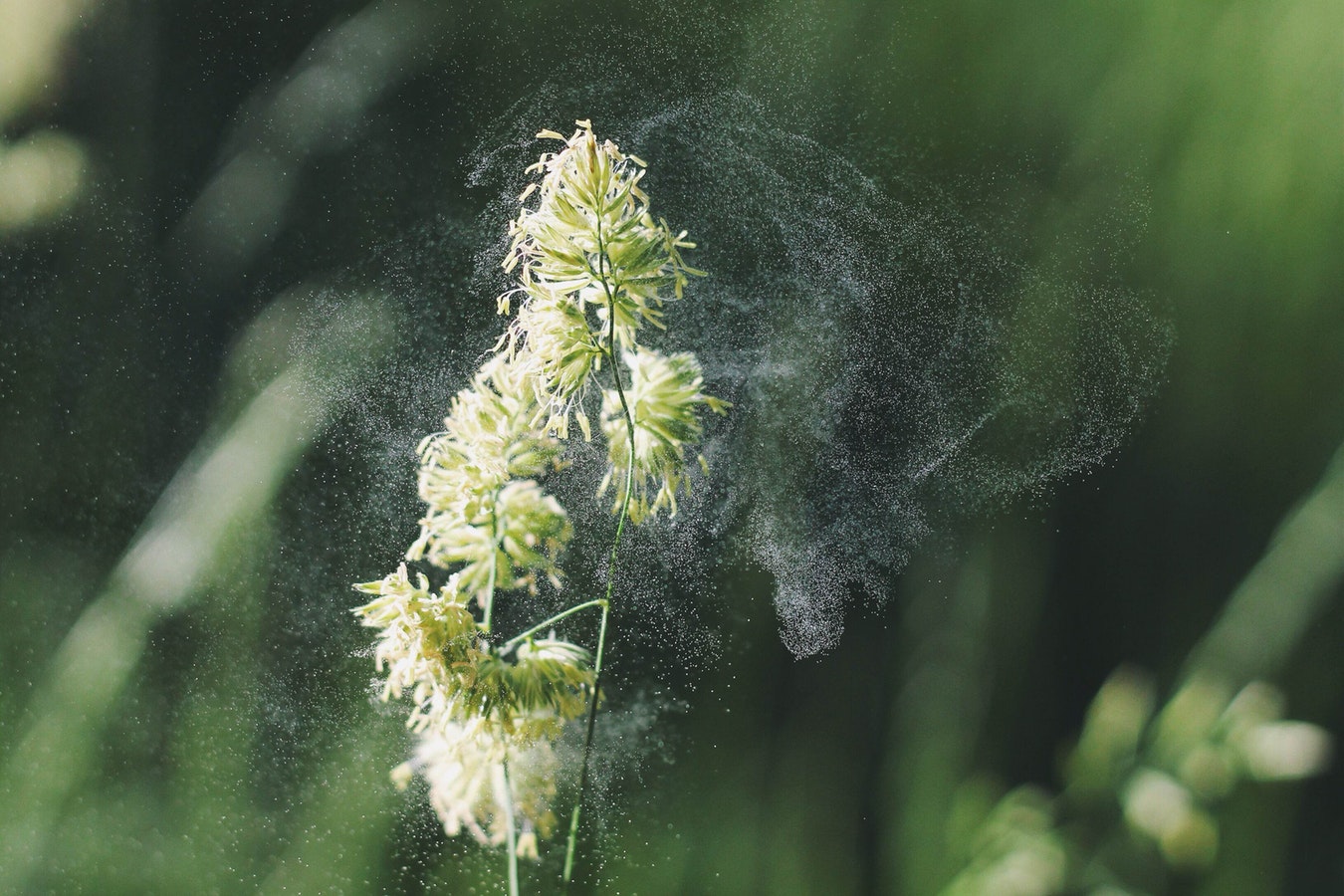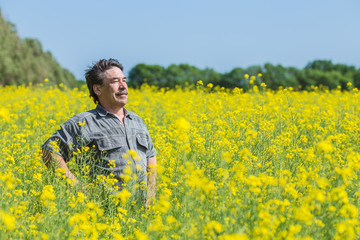Spring is here! The cold, dark days of winter are finally giving way to warmer weather, blossoming flowers and the promise of sun-filled days. But for many of us, spring also has a thorny side – itchy, watery eyes, sneezing, runny noses and unrelenting sinus pain.
While antihistamines definitely serve a purpose, they can only deal with the “after effects” of allergies (symptoms). They do not get to the root of the problem, which, as in most cases of illness, is an impaired immune system.

The human body is a wonderful thing. It is an intricate system of checks and balances innately designed to heal itself. But in order for this to happen, it has to be in optimal working condition. Our immune system is like the guard at the gate. It works to stop any foreign invaders, such as viruses and bacteria from entering. When your immune system becomes weakened or overloaded, however, in the case of allergies, it begins to “overreact” causing a release of chemical proteins called histamines that trigger symptoms such as itchy, watery eyes and sneezing. Thus, the key to avoiding allergic reactions is to maintain a healthy immune system.
Here are several ways to naturally boost your immunity:
Diet
 Diet is always a good place to start. Many foods are now specifically linked to hay fever. Milk, wheat, nuts, chocolate, cola drinks, and sulphites (a fruit preservative widely used in dried fruits and wine) are especially bad. As a rule, it is always good to stay away from any refined sugars and grains, as they are essentially toxic to your body. Apart from the daily toll they take on your immune system, studies repeatedly show they can lead to serious illnesses such as cancer, heart disease and diabetes just to name a few. By simply eliminating these foods you will take a huge load off your immune system.
Diet is always a good place to start. Many foods are now specifically linked to hay fever. Milk, wheat, nuts, chocolate, cola drinks, and sulphites (a fruit preservative widely used in dried fruits and wine) are especially bad. As a rule, it is always good to stay away from any refined sugars and grains, as they are essentially toxic to your body. Apart from the daily toll they take on your immune system, studies repeatedly show they can lead to serious illnesses such as cancer, heart disease and diabetes just to name a few. By simply eliminating these foods you will take a huge load off your immune system.
Supplements and herbs
There are also various supplements and herbs you can take to both support your immune system and relieve uncomfortable symptoms.
- Quercetin – a bioflavonoid found in foods such as apples, broccoli, onions and grapes, inhibits the release of histamine without any adverse side effects. It is often used as an alternative to many over-the-counter medications that simply block the effects of histamine.
- Rutin – another bioflavonoid shown to slow the release of histamine. In fact, it is routinely added to many anti-allergy formulas designed to relieve symptoms of hay fever and asthma.
- Stinging nettle – When combined with quercetin, nettle can be very effective for sneezing, itching, and swollen nasal passages.
- Butterbur – a herb typically used to treat migraines, research now suggests its as effective as antihistamines without the usual side effects such as drowsiness and dry mouth. This is best used for year-round allergies as it takes serval months to work but has been reported to be very effective if you stick with it.
- Echinacea – a popular remedy for allergic symptoms. Well known for its cold-fighting power, echinacea is one of the best immune enhancing supplements you can take.
- Local honey – About 2 tablespoons of local honey in your tea or on bread every day can also help ward off allergies. Studies show that people who eat locally made organic honey can theoretically build antibodies to area pollens since the same bees help pollinate the local flowers.
- Grapeseed, selenium, Vitamins A, C, E, and zinc. These powerful antioxidants have been shown to not only boost immunity but also relieve many allergic reactions associated with seasonal allergies.
- Water – and as always, drinking enough water and getting enough sleep and exercise are essential for a maintaining a healthy immune system.









Join the Discussion
Type out your comment here:
You must be logged in to post a comment.